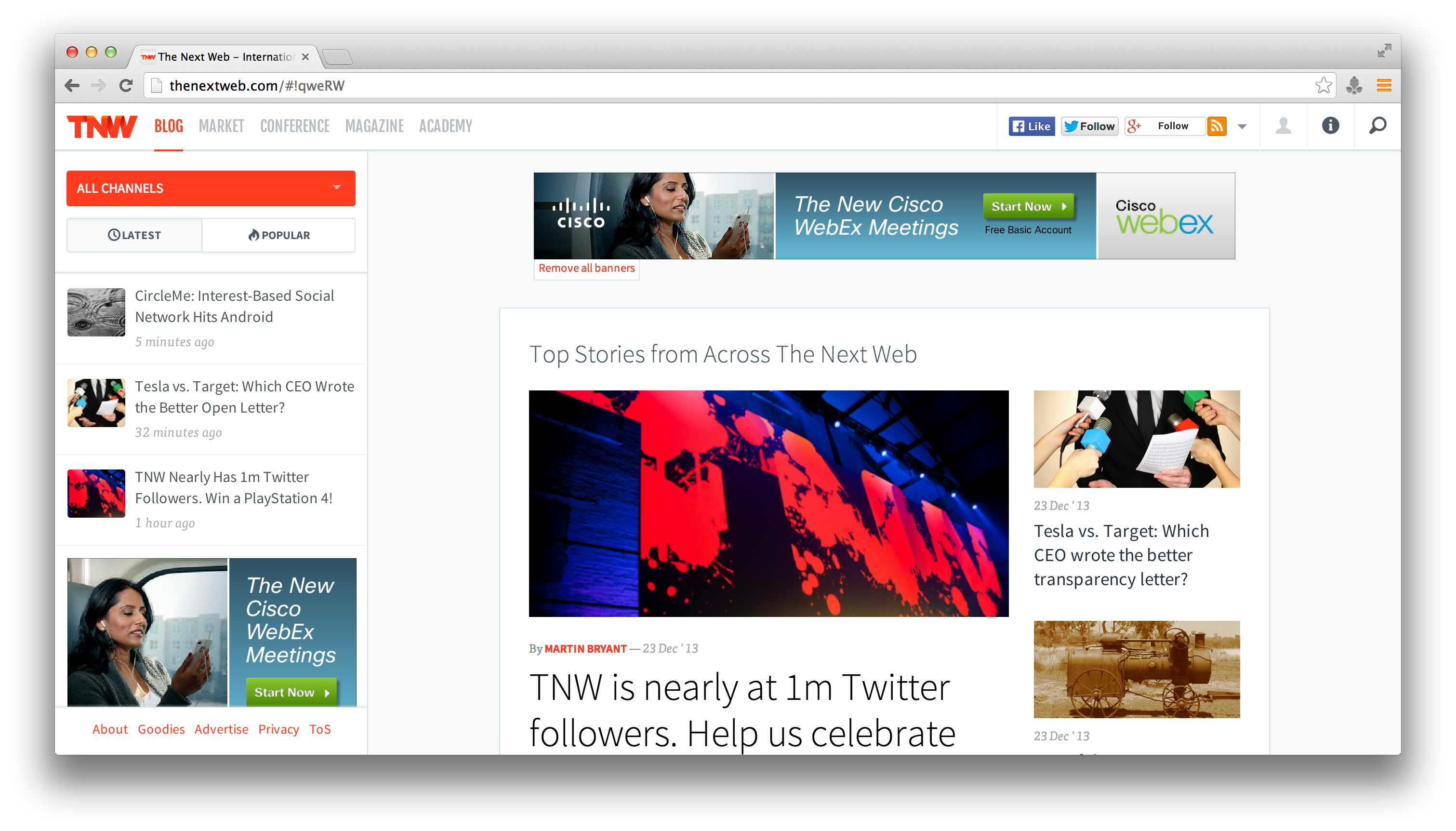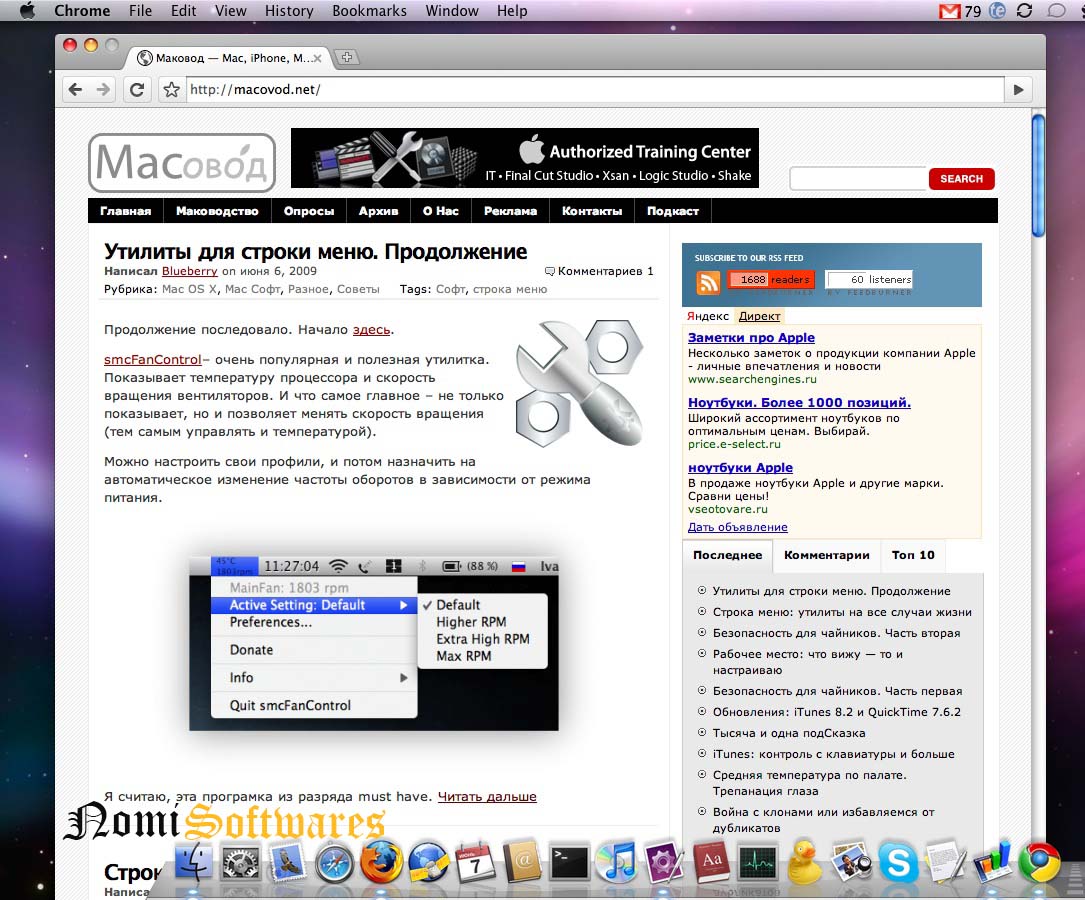Google has announced it is to discontinue support for Chrome web apps starting this year.
Windows, macOS and Linux users will lose support for finding, installing and opening web apps installed from the Chrome Web Store over the next two years.

Google Chrome OS, the operating system used on Chromebooks, is not affected.
But, in many cases, these desktop-as-a-service solutions make it easier to switch to Chrome OS. A business or school that uses Google Apps can deploy Chromebooks, then add access to Windows or Mac. Usually to install an app in Mac, through App Store, but for Google Chrome browser at this time there is no Chrome in App store. The solution to install Chrome browser in Mac OS you can go to Chrome website and download the installer (googlechrome.dmg) Open the browser (Safari) and search for Google chrome to get to Chrome website.
Google say web apps will ‘remain supported and maintained on Chrome OS for the foreseeable future.’

Chrome Apps Are Being Phased Out
‘It’s important to stress that Chrome extensions are not affected’
Google gives a rough timeline for the changes in their blog post:
In late 2016: New Chrome apps will only be shown to Chrome OS users. Chrome users on Windows, macOS and Linux can only install apps added to the Chrome Web Store before this date.
In mid 2017: Windows, macOS or Linux users will no longer be able to install any new apps. Apps that are already installed will continue to work. Chrome OS users will notice no change.
In early 2018 Chrome users on Windows, macOS or Linux will no longer be able to open apps they already have installed or install new ones. Chrome OS users will notice no change.
Confused? No worries. We’re here to walk you through what’s happening, why it’s happening, and when you’ll start to notice it happening.
Everything You Need To Know
What Is Google Doing?
Google plans to phase out support for web apps on desktop Chrome for Windows, macOS and Linux.
Why Is Google Doing It?
There are two reasons:
One, Google say that the regular web can now do the things thatChrome apps were built to do.
The gaps these apps helped to fill are, the search giant reasons, no longer there. Leading the “evolution away from the Chrome apps platform” are new cross-platform features like Web Push API, service workers, web-app manifests, progressive web-apps, and more.
Two, Google say not enough people use them. In fact to quote them just “1% of users on Windows, Mac and Linux actively use Chrome packaged apps”.
Why expend so much effort into supporting something, bloating the rest of the browser in the process, if only a few people make use if it?
Remind Me Again: What Is a Chrome App?
Chrome Apps (also known as ‘packaged apps’ ) are Google’s turbo-charged brand of web-apps. They are able to run offline, in their own window, and integrate with the native underlying operating system and hardware.
Packaged apps were first announced back in 2013.
Some examples of Chrome Apps: Google Keep, Wunderlist, Hangouts, Polarr.
Hosted Apps (also known as ‘web apps’) are like big, fancy bookmarks to websites. They open up a remote website or service in New Tab when clicked (unless you’ve chosen to open it in a window).
Hosted Apps have been around since the launch of the Chrome Web Store in 2010.
Some examples of hosted apps: Gmail, Google Docs, Tweetdeck, OMG! Chrome!.
Does This Affect Chrome Extensions?
No.
It’s important to stress that Chrome extensions are not being discontinued. You can continue to find, install and use extensions.
The change effectively sees Chrome return to its roots: a web browser with add-ons. No extra bells or whistles, no ‘platform by the backdoor’, no feature creep, and no bloat.
Chrome was initially backed by an ‘extensions gallery’ in 2009, with web-app support arriving in late 2010.
How To Get To Mac Os Google Chrome Apps Offline
Will This Affect Chromebooks?
No.
Google says it will continue to support Chrome Apps (and regular web apps) on Chrome OS for the ‘foreseeable future’.
Does this mean the apps you currently use will still work on a Chromebook in 2018? That is less certain.
Developers may, over the next few years, remove their apps from the store rather than maintain, update and improve an app that only a small audience can use.
When Will Chrome Apps Stop Working?
Google Chrome On A Mac
Sometime in early 2018, if you’re using Windows, macOS or Linux then your installed web apps will stop working.
Web apps will continue to run on Chrome OS after this date.
When Will I No Longer Be Able To Install Chrome Apps?
From late 2016 the Chrome Web Store will only show newly published apps to Chrome OS users.
If you’re on Windows, macOS or Linux you will only be able to install apps that were added before this date. From the second half of 2017 you’ll only be able to open apps that you have already installed.
This *Was* Expected
Google Chrome Download For Mac
Despite some well known apps using Chrome App technology to target desktop users across platforms, the momentum behind the technology never quite peaked.
Among well-known apps set to be affected by this move is Google Play Movies, Wunderlist, Todoist, and Any.do, while once-pioneering Chrome Apps like IRC-client Circ and Polarr will now have to refocus their expertise elsewhere online.
Alas, we figured the writing was on the wall for Chrome Apps when Google (very quietly) discontinued support for its native Chrome dev editor app. When a tool designed to make Chrome Apps gets the chop you know something is up.
There’s also no getting away from the fact that Chrome Apps, despite plans, never fully materialised on Android. And with the uptake of Service Workers, web-app manifests and so on, the exact point of Chrome Apps was diminished.
How To Get To Mac Os Google Chrome Apps Download
It’s hard to argue with the reasoning Google gives for nixing these nifty apps. The web is increasingly the platform of choice for powerful cross-OS experiences. It’s unlikely any of the services you use and love right now won’t be available in some shape or form in the future.
How To Get To Mac Os Google Chrome Apps Windows 10
Are you upset by this news? Or do you think it makes sense to simplify Chrome?